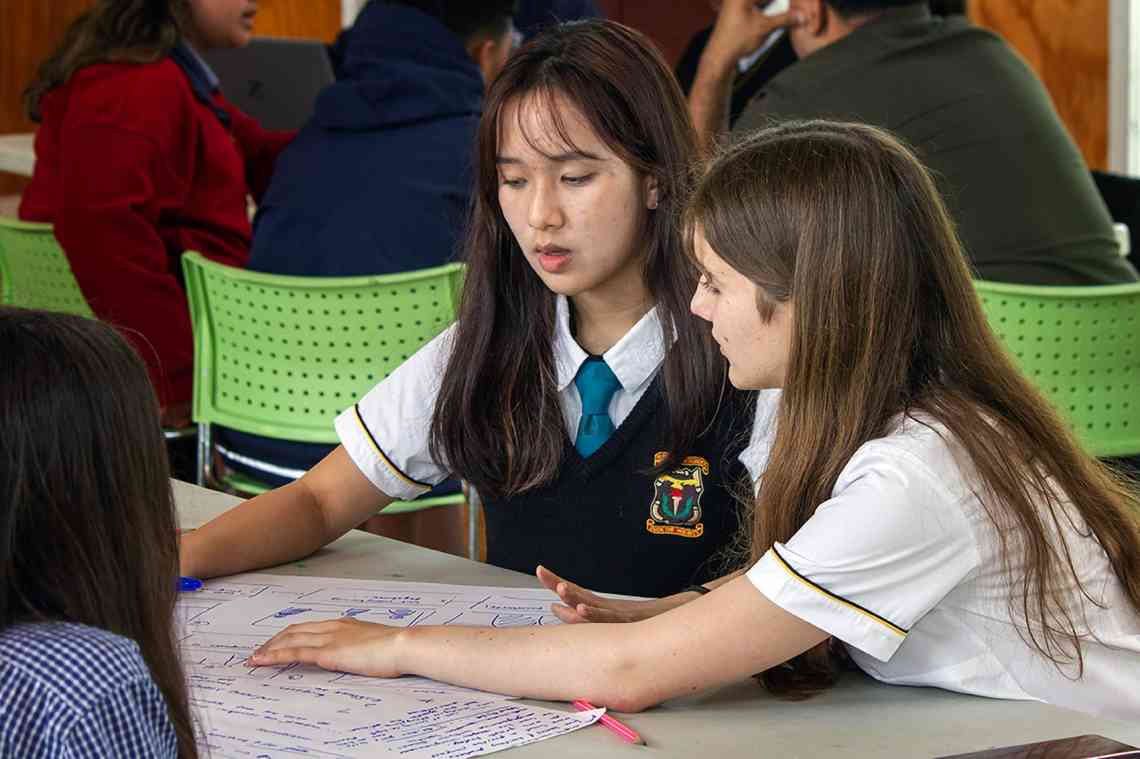The Programme for International Student Assessment (PISA) is an international education research study coordinated by the Organisation for Economic Cooperation and Development (OECD). While the PISA assessments have typically been held every three years since 2000, the 2021 assessment was postponed until 2022 due to the COVID-19 pandemic.
The PISA assessments are administered to 15-year-old English-medium students to evaluate how well-prepared they are to meet the real-life opportunities and challenges they will soon face after completing their compulsory schooling. The 2022 PISA assessment evaluated students from 81 participating countries and economies around the world.

The PISA assessment tests students' knowledge of mathematics, reading and science; these topics are considered foundational for success and informed citizenship in the modern world. The 2022 assessment also included a test of students' creative thinking.
This additional assessment measured how well students could come up with diverse ideas, improve others' ideas and solve problems creatively in writing, art, social situations and science. Here is what the PISA results tell us about our 15-year-olds here in New Zealand:
With a mean score of 36 out of 60 points, New Zealand students performed significantly higher than the OECD average of 33. This indicates that our students excel in generating, evaluating and improving creative ideas.
Notably, 87% of New Zealand students achieved at least a baseline proficiency in creative thinking, which is higher than the OECD average of 78%. Additionally, 40% of New Zealand students were identified as top performers in creative thinking, compared to the OECD average of 27%.
These top performers can tackle complex tasks and generate innovative solutions. Our students scored higher in generating ideas than other tasks. They struggled more with social and scientific problem-solving tasks, which is likely to be indicative of the project-based learning approach in many New Zealand schools.
Other findings which are equally as important include:
- Advantaged students outperformed disadvantaged students by 11.7 points
- Girls outperformed boys by 3.3 points
- 78% of students like to know how things work, 62% want to understand human behaviour and 50% complete challenging tasks
The assessment also revealed a strong correlation between creative thinking and performance in other subjects. In New Zealand, students' creative thinking skills were positively linked to their performance in mathematics and reading. Despite socio-economic disparities, many disadvantaged students demonstrated resilience and high proficiency in creative thinking.
Overall, the PISA results highlight the impressive creative abilities of New Zealand's 15-year-olds. This underscores the importance of nurturing creativity in education, ensuring that students are well-equipped to think outside the box and solve problems innovatively.